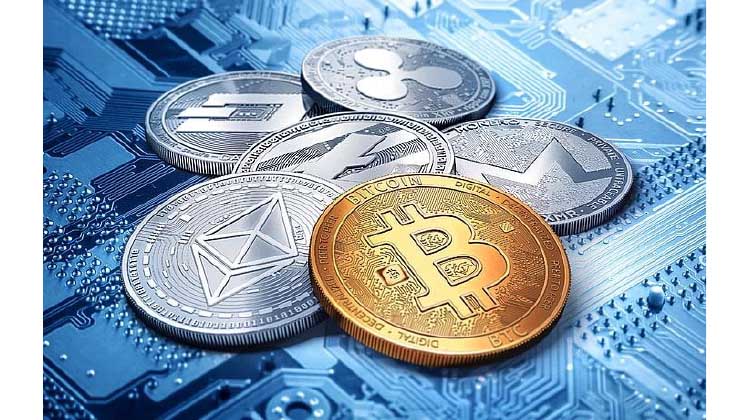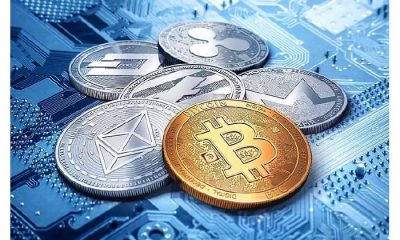The Naira maintained its stability in the crypto market, trading within the N1120- N1150 bandwidth against the dollar on Binance.
Binance was ordered by Nigeria’s Securities Exchange Commission to stop operating in Africa’s largest economy but that hasn’t deterred the country’s residents.
Nigeria is Africa’s biggest cryptocurrency market in Africa where Binance dominates the peer-to-peer market.
In 2021, the CBN forbade its banks and other financial organizations from engaging in crypto trading or assisting with transactions.
The FG muddies the waters with ambiguous policy goals for the cryptocurrency sector. Former President Muhammadu Buhari signed the 2023 Finance Act into law, bringing significant changes to the country’s revenue drive.
READ ALSO: CBN orders banks to unfreeze accounts of crypto, fintech companies
One of the most significant changes is the introduction of a 10 per cent capital gains tax on profits made in the disposal of digital assets starting on May 1, 2023, even though many global cryptocurrency exchanges used by residents are not registered in the country.
Digital exchanges are physically kept out of the nation’s borders thanks to the country’s Security and Exchange Commission’s clarification that digital assets include crypto assets where security tokens.
However, that hasn’t dampened the interest in crypto assets in the world’s most populated black nation. Nigeria’s crypto transactions between July 2022 and June 2023, reached $56.7 billion.
Nigeria’s fondness for the crypto market has its roots in several important factors that have created an ideal environment, partly due to a combination of persistent economic issues such as a high rate of unemployment and bureaucratic processes in transferring funds via official channels
The general trend of the Nigerian people using less conventional transaction formats can also be attributed to inflation and limited access to more traditional forms of financing.
Since President Bola Tinubu implemented some of the most audacious reforms Nigeria has seen in years such as eliminating some exchange rate restrictions and eliminating a popular but expensive gasoline subsidy the demand for stablecoins, and Bitcoin has skyrocketed.
READ ALSO: Naira hits N888/$1 on Binance crypto platform
Stablecoins are based on a reference asset typically the U.S. dollar and are fairly stable, they are used extensively by many young residents to shield them from the naira’s devaluation. In Nigeria right now, the tether is the stablecoin that is traded the most.
The world’s largest crypto exchange by trading volume agreed to pay $4.3 billion to settle criminal charges that it had broken money-transmitting and sanctions laws, “one of the largest penalties” the U.S has gotten from a defendant.
Founder Changpeng “CZ” Zhao entered a guilty plea in Seattle to charges that he personally faced. In exchange, he agreed to give up his position and pay a fine of $50 million.
The CEO position will be assumed by Richard Teng, a former regulator in Abu Dhabi who subsequently led Binance’s regional markets.slysly
In a court filing that was made public on Tuesday, Binance was charged with operating an unlicensed money-transmitting business, failing to maintain an appropriate anti-money laundering program, and breaking sanctions laws.

 Latest3 days ago
Latest3 days ago
 Trends4 days ago
Trends4 days ago
 Energy1 week ago
Energy1 week ago
 Education1 week ago
Education1 week ago
 Business6 days ago
Business6 days ago
 Football6 days ago
Football6 days ago
 Featured6 days ago
Featured6 days ago
 Featured1 week ago
Featured1 week ago







